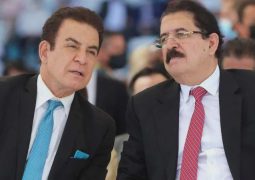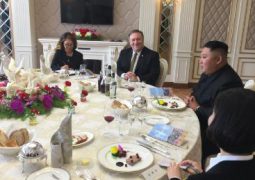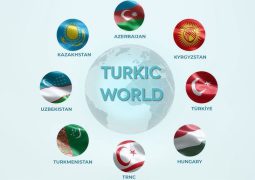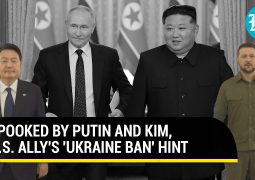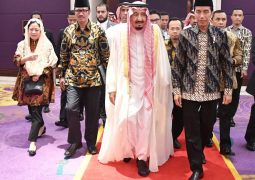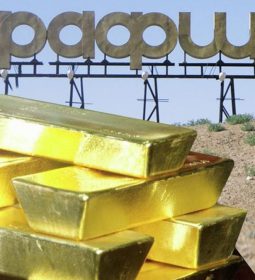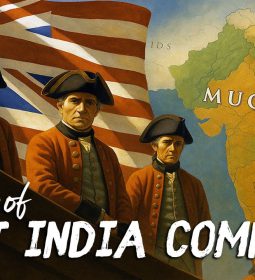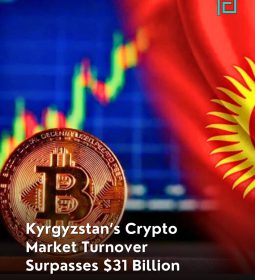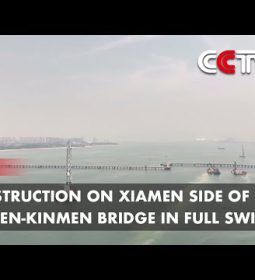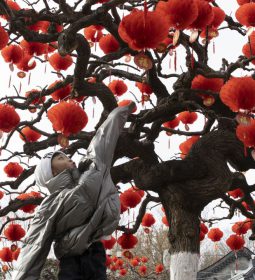Australia could be the big loser in a US-China trade deal, not that Donald Trump seems to care
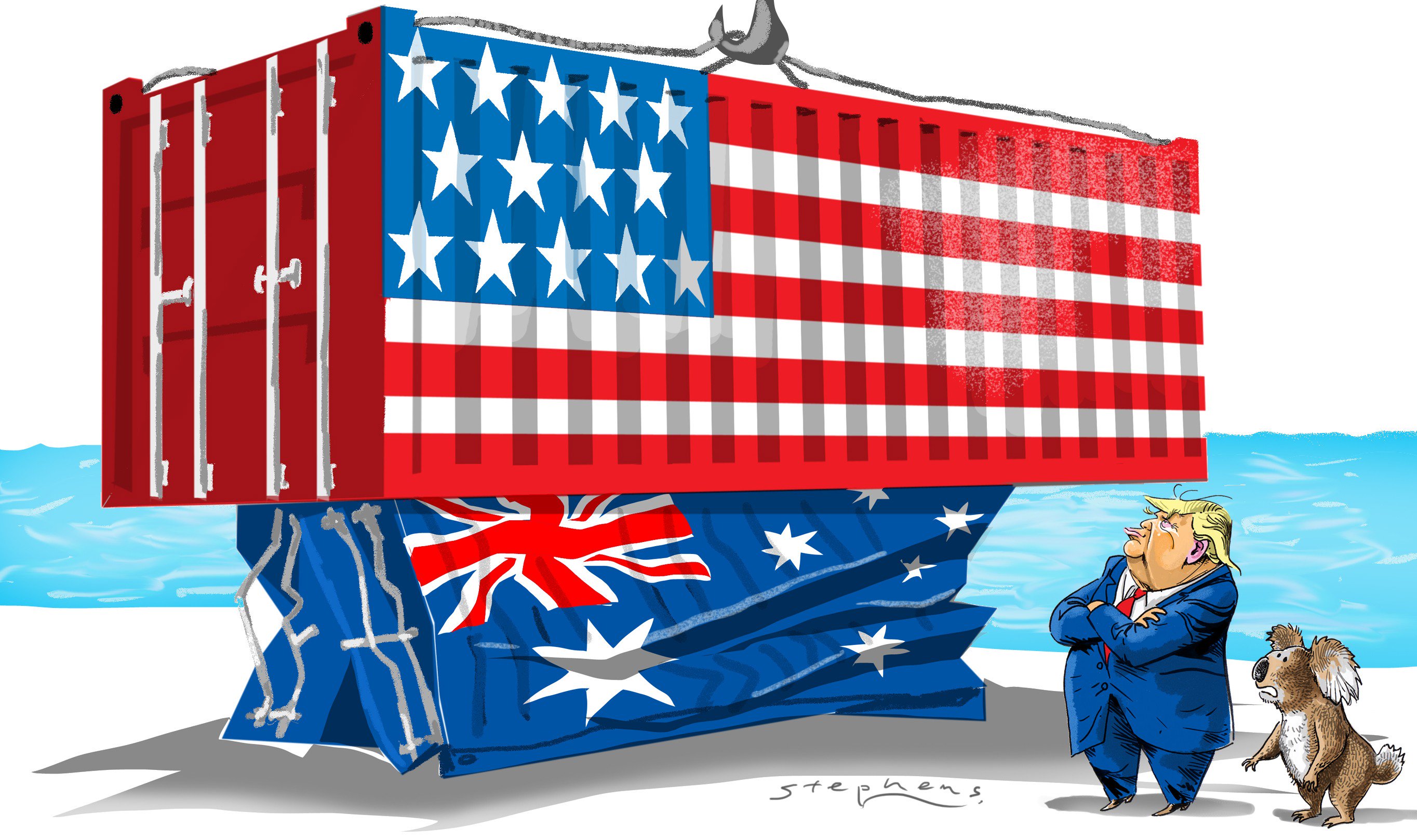
- Australia sticking its neck out for the US on the issue of Chinese telecoms giant Huawei will not stop America from striking a trade deal with China that could result in Australian exports suffering

that boosts Chinese purchases of American goods by cutting back on imports from Australia?
Vital because China soaks up one-third of Australian exports. The Australian budget released last week was replete with tax cuts; the nation has gone more than 25 years without a recession. Australia would not be boasting this without access to China’s growth.
The US ambassador’s response confirms that the Trump administration wants to close the US$400 billion trade gap with China and, in a settlement between the world’s biggest economies, Australia’s interests won’t count.
Indeed, Australia’s ambassador to Washington, Joe Hockey, seems to have missed the point of his very mission. He was quoted on February 3 urging America not to settle for a “pyrrhic victory” against China, implying that the US should go all out in its trade war. That a deeper trade war might hurt Australia didn’t seem to figure in his understanding of diplomatic duties.
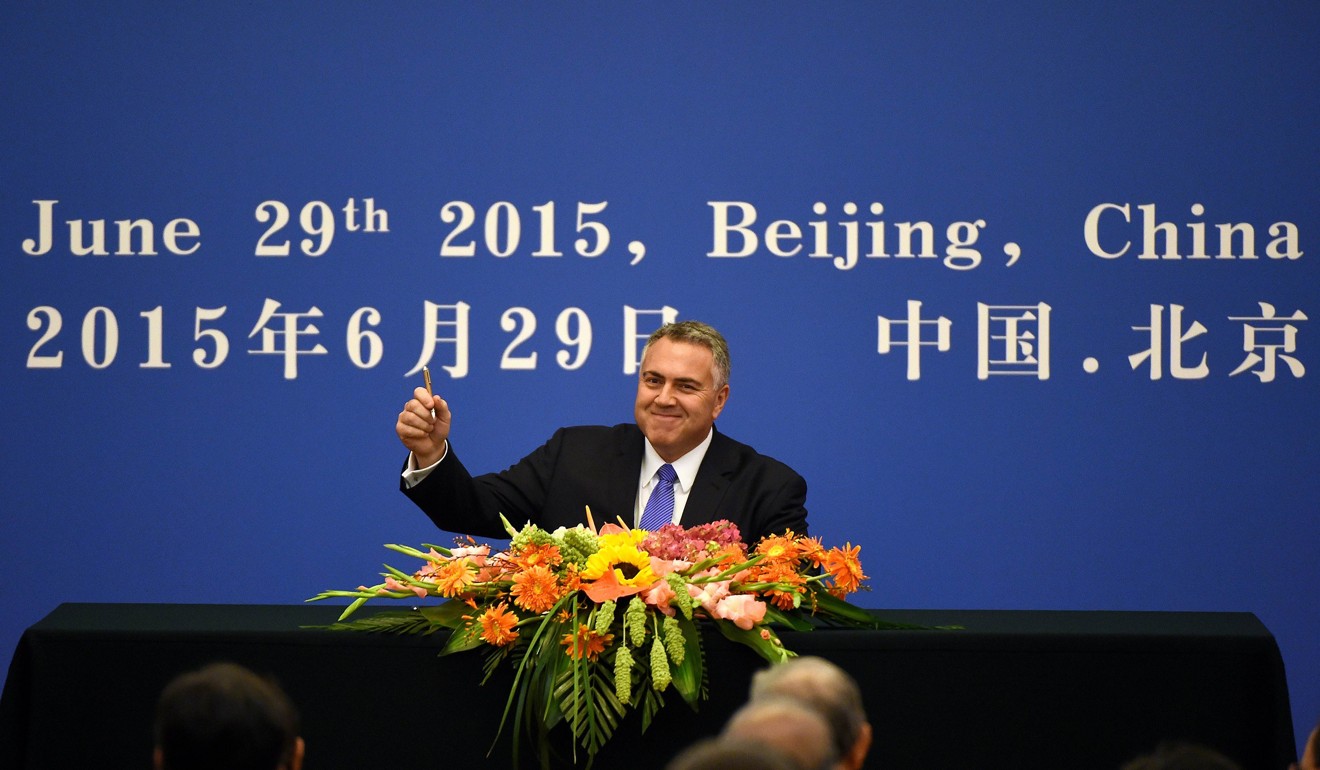
Liquefied natural gas (LNG) underlines Australian vulnerability. It’s widely assumed that, as part of a deal with the US, China will commit to buying more American LNG.
In January, China announced plans to increase its intake of LNG fourfold over the next 20 years, using 34 coastal terminals with a combined annual import capacity of 247 million tonnes by 2035. The world total of LNG trade in 2017 was only 289 million tonnes. A trade deal might see China allocating to the US its 20-year growth in LNG imports, punishing Australia.
Right now, that’s happening with Australian coking coal. In February, exports from Australia to China fell 21 per cent year on year while imports of Mongolian coking coal rose 47 per cent. This has wiped billions off Australian mining stocks.
China seems to be sending a message. The Australian Financial Review quoted a Chinese analyst saying that China is cutting back on coal imports anyway “so why not start with the country you don’t like”.
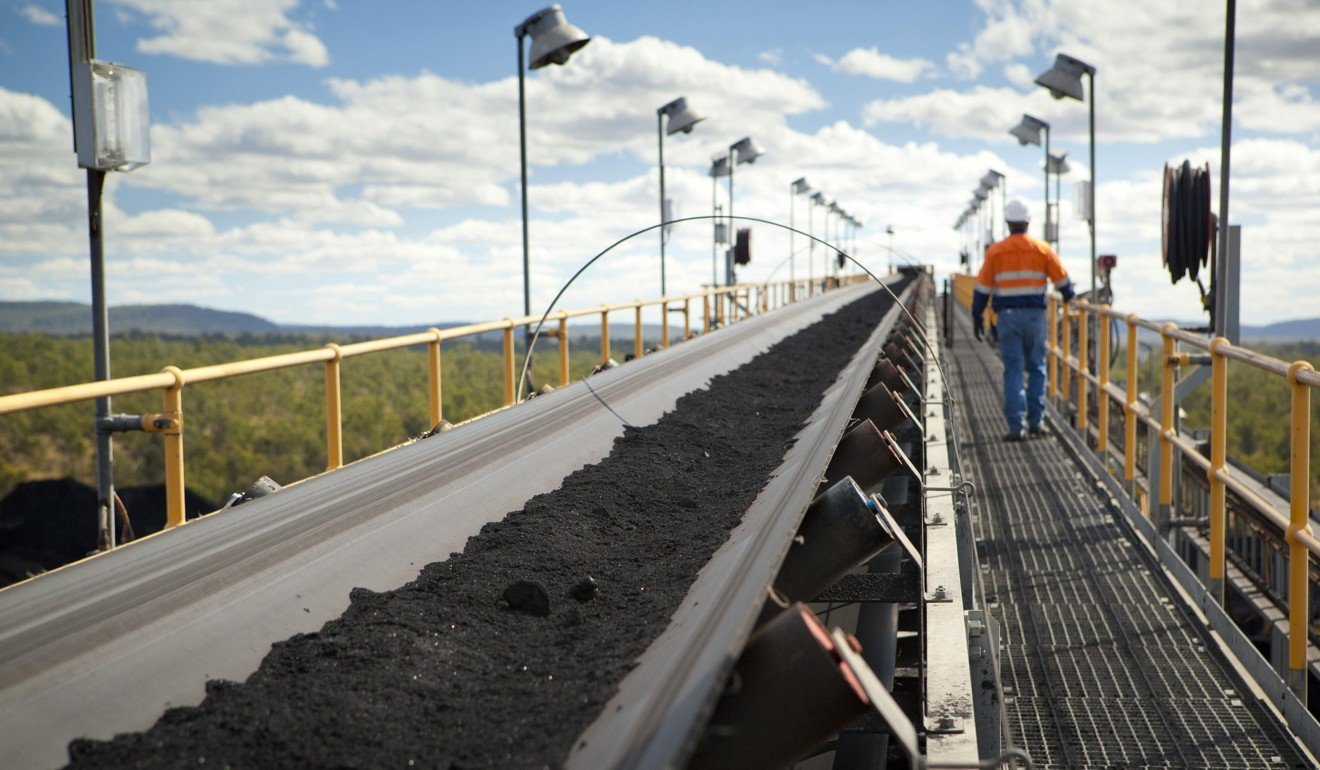
to the House of Representatives, said, “the Australian people stand up”.
Turnbull’s reference to a saying popularly attributed to Chairman Mao – “the Chinese people have stood up” – was a weak attempt at parliamentary wit.
The ban on Huawei was made during Turnbull’s last days as prime minister. Australia handled the decision – so fraught for the Chinese, for whom Huawei is an iconic enterprise – as provocatively as possible.
As a former foreign minister, I am neutral on Huawei, not having been briefed by our security services. As foreign minister, I defended our government’s decision to exclude Huawei from supplying equipment to the national broadband network. All countries are entitled to protect the security of their communications and it’s better to be safe than sorry.
The issue is how the decision was made and that Canberra presented it as a matter of alliance loyalty, not Australian national interest.
on Huawei in December. There has been no speculation it will rupture the past year’s China-Japan
.
All polls point to a change of government in the Australian election, likely to be held on May 18. Chances are the Labour Party would have gravitated towards some form of exclusion when it came to Huawei equipment. They could have done it by moving with other American allies, not ahead of them, and by handling the issue with diplomatic finesse.
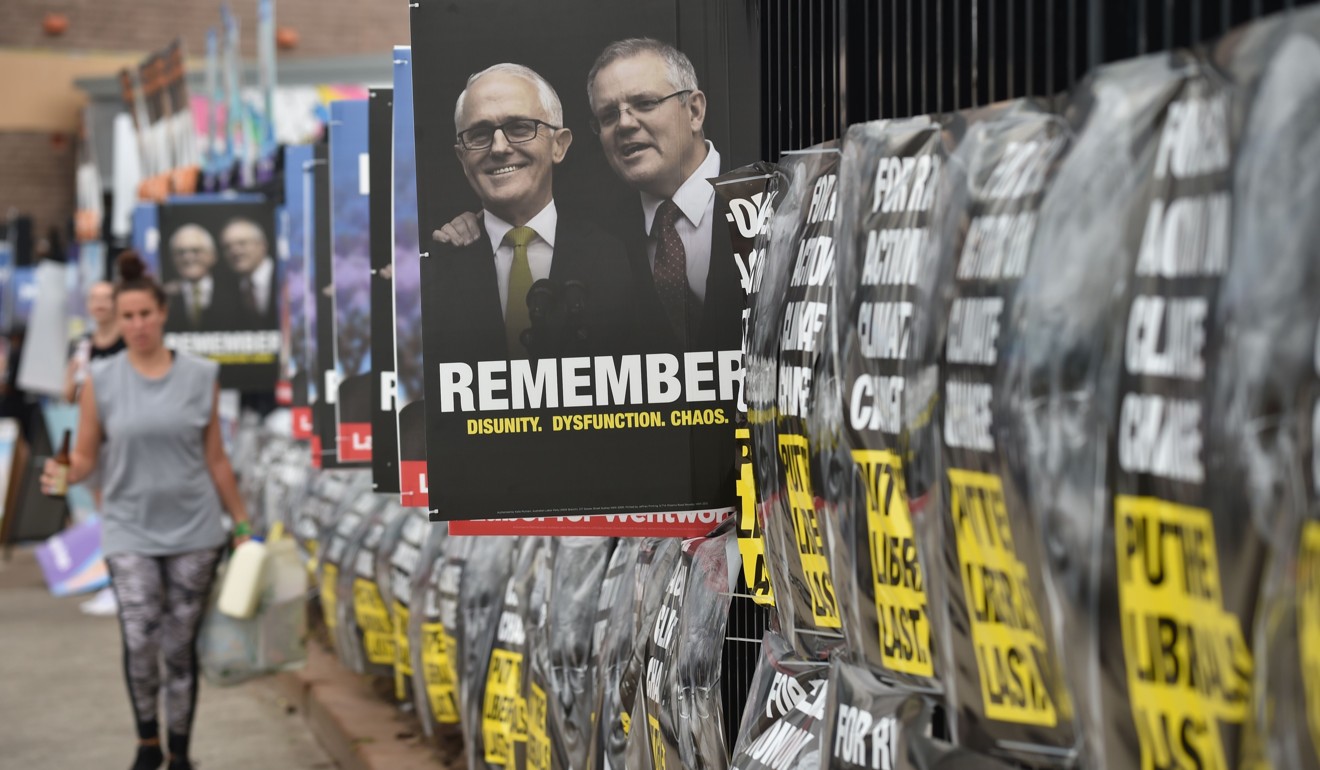
Back to trade. US wine currently faces a Chinese tariff of nearly 40 per cent. In contrast, from January 1, Australian wine entered China tariff-free because of the free trade deal. If the US and China strike a trade deal, the advantage Australia enjoys could fall to zero.
“Our interests are different from those of a great power,” a head of my department told me when I was foreign minister.
Former prime minister Malcolm Fraser put it to me like this: “The US is capable of going to war with China, losing and then withdrawing from Asia.” I assume he meant an armed conflict. But his words might imply a trade war, which China and the US might settle without thinking tenderly about Australian concerns.
“Let’s keep our fingers crossed” is as good an assurance as Washington is likely to give.
Bob Carr is a former foreign minister and the longest-serving premier of New South Wales, Australia. He is director of the Australia-China Relations Institute at the University of Technology Sydney
- Previous Sri Lanka’s wartime defence chief sued in U.S. over alleged torture and murder
- Next Donald Trump urged by former US official to include allies in US-China trade war deal




